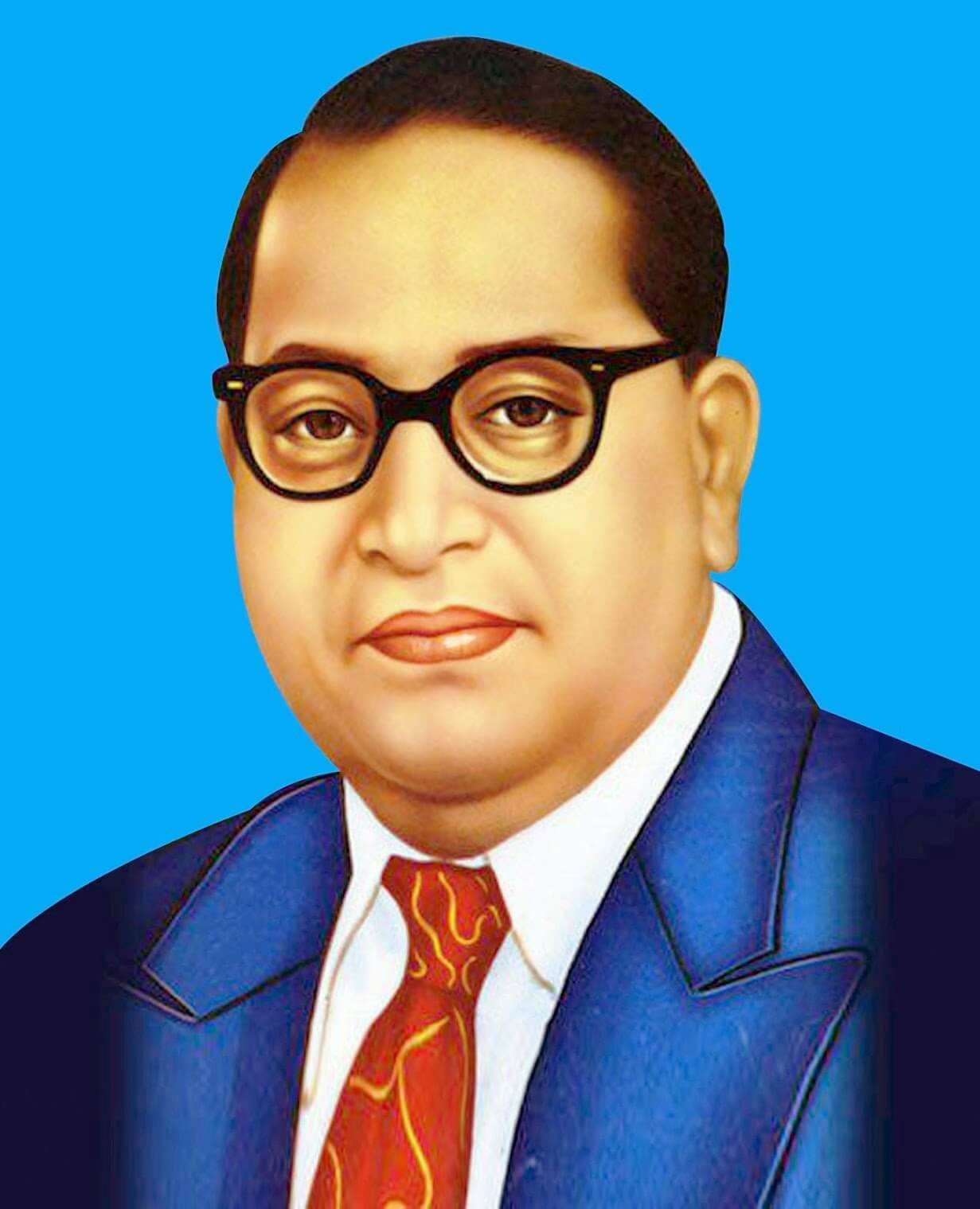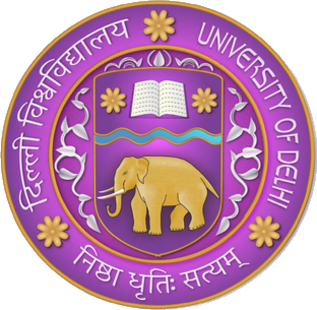
The progress of any society depends on the progress of education in that society."
Honored as Babasaheb, Dr. Bhimrao Ramji Ambedkar is more than just a name; he is an institution in and of himself, a representation of strength, intelligence, and revolutionary vision. Born in Mhow, Madhya Pradesh, on April 14, 1891, into a Dalit (then known as "untouchable") family, he defied the most repressive social structures of his era to become the primary drafter of the Indian Constitution and a symbol of social justice for future generations.
Babasaheb pursued his education with unwavering determination despite experiencing institutional discrimination from a young age. He obtained doctorates from the London School of Economics and Columbia University, where he studied history, sociology, economics, political science, and law. His academic path was imaginative, political, and moral in addition to being personal. He utilized education as a weapon to combat oppression based on caste because he believed it could lead to emancipation. As the head of the Indian Constitution's drafting committee, Dr. Ambedkar established the groundwork for an inclusive, democratic, and secular India. In direct opposition to the caste system, patriarchy, and colonial heritage that afflicted Indian society, Gandhi envisioned a Constitution that guaranteed liberty, equality, and fraternity. Because of his vision, underprivileged populations now have legal protections, and the rule of law is supreme above social privilege. In addition, Dr. Ambedkar was a trailblazing feminist intellectual. He fervently supported equal civil codes, encouraged women to pursue education and careers, and fought for women's rights. He helped develop the Hindu Code Bill, which at the time was a daring attempt to provide women equal rights in marriage, inheritance, and property.
His early works as an economist showed profound understanding of monetary policy, land revenue systems, and provincial finance. His ideas on social justice, governmental involvement, and planned development would later serve as the basis for India's economic planning policies. In India, he was also the first Indian to offer a critical analysis of British economic policy, highlighting their exploitative aspects. In order to provide the downtrodden a voice in legislative procedures, he started the Independent Labour Party and then the Scheduled Castes Federation. In addition to representation, he called for their dignity to be acknowledged. In addition to his significant contributions as a scholar, reformer, and drafter of the Constitution, Dr. B.R. Ambedkar was also a labor leader, an educationist, a journalist, and a social reformer. He relentlessly battled for industrial workers' rights, promoting social security, decent pay, and favorable working conditions. In order to provide marginalized youngsters with educational empowerment, he founded educational institutions and dormitories. In order to raise awareness and encourage resistance, he edited a number of journals as a journalist, including Mooknayak and Bahishkrit Bharat. He famously led the Mahad Satyagraha to defend Dalit rights to public water, and he fought for the oppressed's rights to land and water. His life was an unrelenting pursuit of equality, justice, and dignity for everyone.
In addition to honoring an individual, naming an institution after Babasaheb Ambedkar is a way to celebrate a revolution. It serves as a declaration of a dedication to democratic principles, equality, education, and social justice. Babasaheb is still a beacon of hope for everyone who believes in the transformational potential of education and human rights, not only for the downtrodden.


